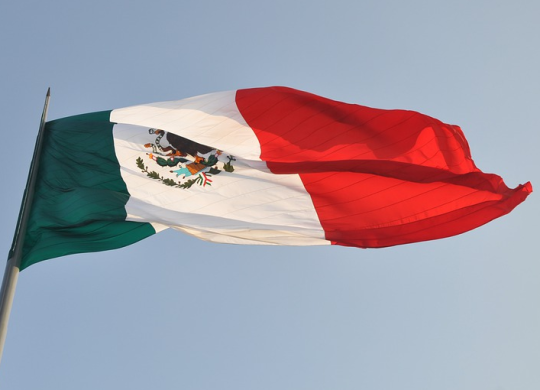Ways to obtain permanent residence and citizenship in Nigeria

Nigeria is a country located in the western part of the African continent. It is one of the most populous states in the world with over 210 million inhabitants according to UN estimates in 2020. The majority of the population lives below the poverty line. However, this does not prevent tourists and businessmen from all over the world from coming here. The main source of income for the country's budget is the sale of oil. For tourists, there are many different historical and cultural attractions. In the country, foreigners are allowed to buy residential and commercial real estate. You can also get citizenship and temporary and permanent registration.
Nigerian citizenship
You can obtain Nigerian citizenship in one of the following methods:
Origin. If at least one parent was Nigerian at the time of the child's birth, then the child may acquire Nigerian citizenship. It does not matter in which state he was born. Also, upon reaching the age of majority, a person can apply for citizenship, provided that one of his parents was a Nigerian.
Birth. All children born in the territory of the specified country can acquire its citizenship.
Registration of marriage with a citizen of Nigeria gives the right to take citizenship to the second spouse.
At adoption. A child adopted by Nigerians is entitled to citizenship.
There is also a way to obtain citizenship through naturalization. For this, the following conditions must be met:
- the age of majority (in Nigeria, the age of majority is 17 years);
- the minimum period of residence in the country is 15 years;
- has plans to continue to live in the country;
- has no complaints from other residents;
- is fluent in Nigerian and knows local laws and customs;
- has a business or other means to financial independence;
- does not have citizenship in another country.
- According to local laws, dual citizenship is not allowed. The only exceptions are citizens who are Nigerians by origin.
Read more about why Nigerians are moving to Europe here.
Crossing the border with Nigeria
To visit Nigeria, you must have a visa. You can get it at any Representation or Consulate of this country. Without a visa, UN representatives, employees of the African Union, the African Development Bank, the Economic Community of West Africa can enter the country. As well as citizens of those countries with which Nigeria has a visa-free regime. A list of these countries can be found on the official website of the Ministry of Foreign Affairs of Nigeria.
Types of visas to visit Nigeria
For foreign citizens planning a trip to Nigeria, several types of visas are offered. Below is information with the name, type, validity period, minimum processing time, and price. The cost depends on the state and other factors. In this case, the price is indicated as of the summer of 2022.
Tourist visa. Category C. 3 months. 2 days. 600 USD.
Business visa. Category C. 3 months. 2 days. 600 USD.
Personal visit. Category C. 3 months. 2 days. 600 USD.
Business visa type STR. Category C. 3 months. 2 days. 600 USD.
Business visa type TWP. Category C. 3 months. 2 days. 600 USD.
The visa for study has category D. It is issued within 7 to 10 working days. The cost depends on many factors. There are also other visas, but they are used in exceptional cases. A complete list can be found on the website of the Ministry of Foreign Affairs of Nigeria.
To facilitate the receipt of all documents for crossing the border, it makes sense to contact a professional migration office. To do this, just fill out an application on the site. Employees will take care of all the difficulties and provide the client with ready-made visa documents.
Obtaining permanent residence in Nigeria
For citizens who come to Nigeria and plan to temporarily reside in the country (permanent residence) or have the right to permanent residence (permanent residence), as well as to work in the country, it is necessary to apply to the migration service within 3 months after crossing the border with a request for paperwork. If within 3 months a foreign citizen has not applied to the migration service with such an application, the migration service reserves the right to deport him.
If a foreign citizen crosses the border and plans to live in Nigeria for a long time with his family (the family includes all dependents, including children), then all family members also need to apply for a temporary residence permit or permanent residence. However, they will not be allowed to work for the first time.
Read more about the rules for entering the EU for employment purposes and how to obtain a visa here.
Recommended articles
5 min
Residence permit
5 min
Residence permit
4 min
Education
All materials and articles are owned by VisitWorld.Today and are protected by international intellectual property regulations. When using materials, approval from VisitWorld.Today is required.
